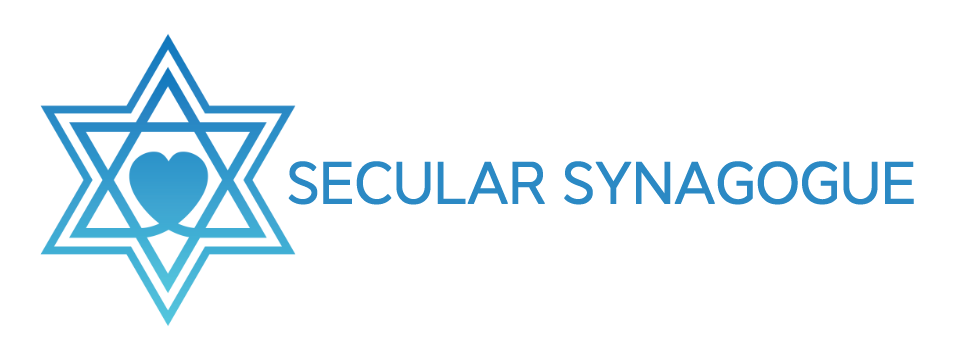Purim Jews and Passover Jews
We are now in the period between Purim and Passover. On Purim the tradition is to drink until one confuses Haman with Mordecai. We remember the peril of the Jews, and our oppressors. We say the name Haman and/as we blot it out with noise. We remember in order to forget. We get to go on living, but always with that noise in the background reminding us we are not quite safe. In the bible, we are told to remember the name Amalek, another would-be Jew-killer. What does this constant remembering do to us?
On Passover the sentiment is quite different. We recall the metaphorical journey out of Egypt. And the bible tells us to love the stranger, for we were strangers in the land of Egypt. One act of remembering, the Purim-style act, is about our own self-protection. And one act, the Passover-style, is about using our experience to foster empathy over others.
You’ll hear people talk about “Purim Jews” and “Passover Jews” citing this difference. Does Jewish history make you more likely to feel insular, craving a Jewish community that will provide you with a sense of safety and the comfort that comes from being with those like oneself? Or are you a “Passover Jew,” using Jewish experience to foster connections with others who have been slaves, exiles, imperilled?
Of course, the dichotomy is false. The nice thing about these holidays being close to one another is that they remind us that it is natural and reasonable to be both interested in self-protection and also interested in the well-being of all humanity. Striking a balance here is important for obvious reasons. We should not be self-interested to the point of cruelty to others. We should not be so giving to others that we victimize ourselves. You know the Hillel quote (if not, look up “Hillel quote” and you’ll find it).
I was born in South Africa and when I was young I remember being so puzzled by Jewish South Africans who had been happy to be part of apartheid’s despicable treatment of Black people. Did they not know better after the persecution of their own people? I worry about these types of Jews, the “Purim Jews,” and what they do to us as a community. Not only do they perpetrate terrible crimes and injustices in the name of Judaism and Jewish survival, but they also lessen and weaken the Jewish experience by framing what it means to be Jewish in apocalyptic terms.
Think about it: do young people feel drawn to be Jewish when it is framed as a responsibility and terrible obligation? Or do we excite people about being Jewish when it is framed more as a joyful and beautiful experience?
What in our own humanity gets reduced when we feel we cannot be generous to others because we are constantly in self-preservation mode? And what of those others? Are they not deserving of the care that we crave?
If you’re Canadian you likely know of the recent miscarriages of justice in the deaths of Colton Boushie and Tina Fontaine, two Indigenous youths who, in two separate stories, were killed. They were also failed utterly by our Canadian institutions, including the legal system. I haven’t spoken or written about this yet because I couldn’t do so without oscillating between tears and blinding rage. But I can’t stay silent about this. We need to change things in Canada to foster meaningful reconciliation. Our systems of education, the law, child protective services, aren’t working. The Jewish community has been painfully silent about these cases and, with some exceptions, Indigenous issues more broadly. I see it as a Jewish imperative to do something about this. We were strangers in the land of Egypt. We are settlers on this land. We need to start loving our neighbours. I have written letters to my MP in support of legal reform and donated to funds to support Indigenous youth. It is not enough but it is something. If this issue doesn’t move you then focus your energy where you feel it is important. But if you are similarly outraged, I really encourage you to use your voice at this time. We can’t afford to be “Purim Jews” now, there is too much at stake.
Passover is on its way, with its themes of rebirth and resistance. Passover is my favourite Jewish holiday of the year. I love the ritual. I love the creativity with which people infuse their seders. I love matzah pizza. Mostly what I love is the metaphor of this Jewish story that has been the cornerstone of Jewish identity and experience for generations. We were in bondage, now we are free. With that freedom comes the obligation to help others achieve freedom
